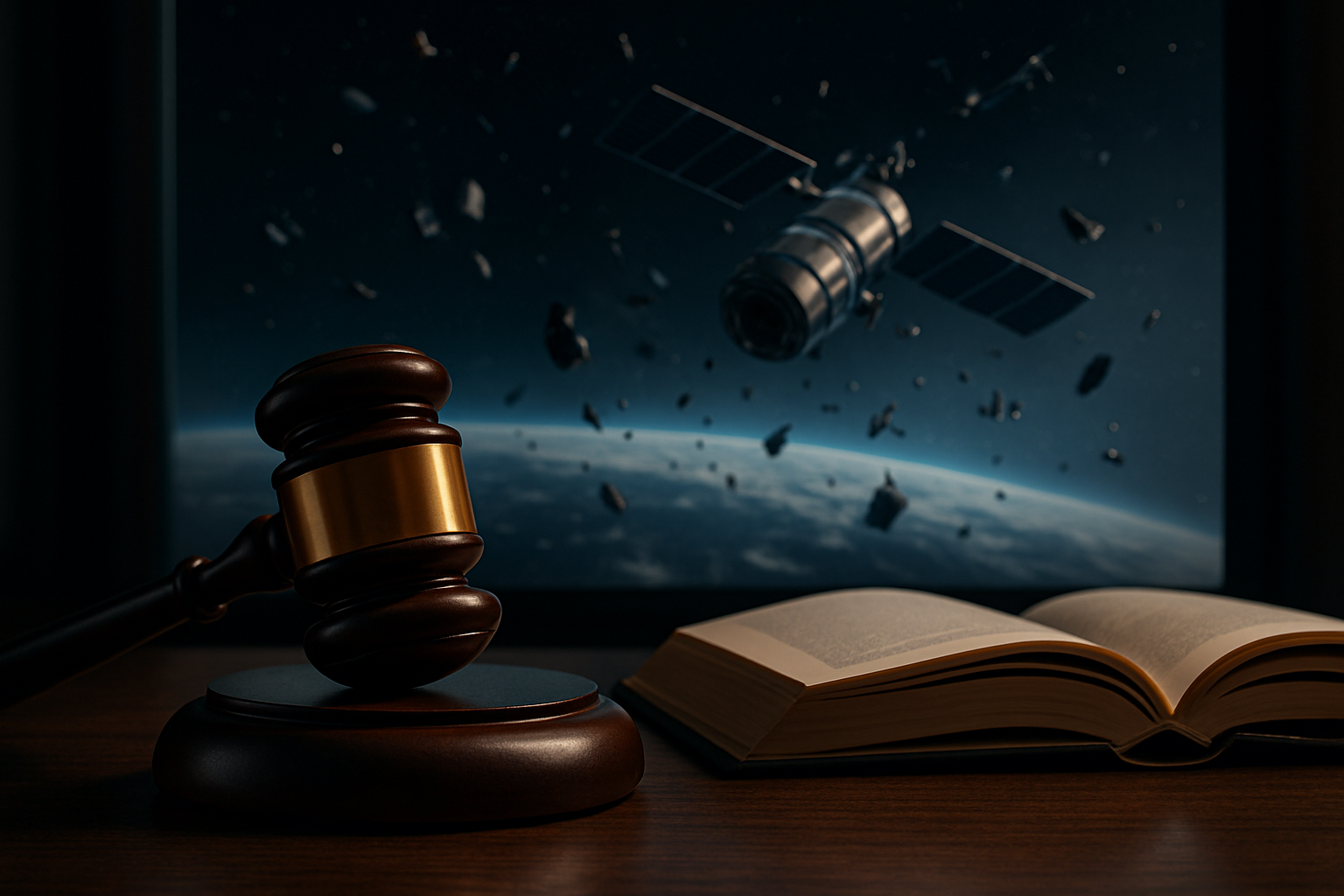Legal Implications of Space Mining: A New Frontier
Introduction: As humanity ventures further into space, the prospect of mining celestial bodies for valuable resources becomes increasingly real. This emerging field raises complex legal questions, challenging existing international space laws and prompting discussions about property rights beyond Earth's atmosphere.

The U.S. Commercial Space Launch Competitiveness Act
In 2015, the United States took a bold step by passing the U.S. Commercial Space Launch Competitiveness Act. This legislation grants U.S. citizens the right to own and sell space resources they extract, effectively creating a legal framework for space mining. However, this unilateral move has been met with criticism from some in the international community who argue it violates the spirit of the Outer Space Treaty.
International Reactions and Competing Claims
Other nations have responded to the U.S. law with their own initiatives. Luxembourg, for instance, passed similar legislation in 2017, aiming to position itself as a hub for space mining companies. The United Arab Emirates has also expressed interest in developing its own space mining laws. These developments highlight the growing competition and potential conflicts in this nascent industry.
Challenges to Existing Space Law
The advent of space mining technology is exposing gaps in existing space law. Key issues include the definition of celestial bodies, the extent of property rights in space, and the balance between commercial interests and the common heritage of mankind principle. Legal experts are grappling with questions such as whether mining an asteroid constitutes national appropriation and how to prevent harmful contamination of celestial environments.
Proposed Solutions and Future Directions
To address these challenges, various solutions have been proposed. Some advocate for a new international treaty specifically addressing space resource utilization. Others suggest establishing an international regulatory body to oversee space mining activities. The concept of space mining benefit-sharing agreements, similar to those used in deep-sea mining, has also gained traction.
Environmental and Ethical Considerations
Beyond property rights, space mining raises significant environmental and ethical concerns. The potential for space debris creation, planetary protection, and the preservation of scientifically valuable celestial bodies are all critical issues that future space mining regulations must address. Balancing economic interests with scientific exploration and environmental stewardship presents a complex challenge for lawmakers and policymakers.
The Role of Private Companies
Private companies are playing an increasingly significant role in shaping the future of space mining. Their technological advancements and economic interests are driving the need for clearer legal frameworks. However, ensuring that private activities align with international obligations and ethical considerations remains a key challenge for regulators.
Implications for Earth-based Mining
The development of space mining could have far-reaching consequences for terrestrial mining industries. As extraterrestrial sources of rare earth elements and precious metals become accessible, it could disrupt global commodity markets and reshape geopolitical dynamics related to resource control. Legal frameworks will need to consider these potential impacts on Earth’s economy and international relations.
Conclusion
The legal landscape surrounding space mining is rapidly evolving, presenting both opportunities and challenges. As technology advances and commercial interest grows, it is crucial to develop comprehensive and equitable legal frameworks that balance economic interests with scientific exploration, environmental protection, and the common heritage of mankind. The decisions made in the coming years will shape the future of humanity’s relationship with space and its resources for generations to come.





